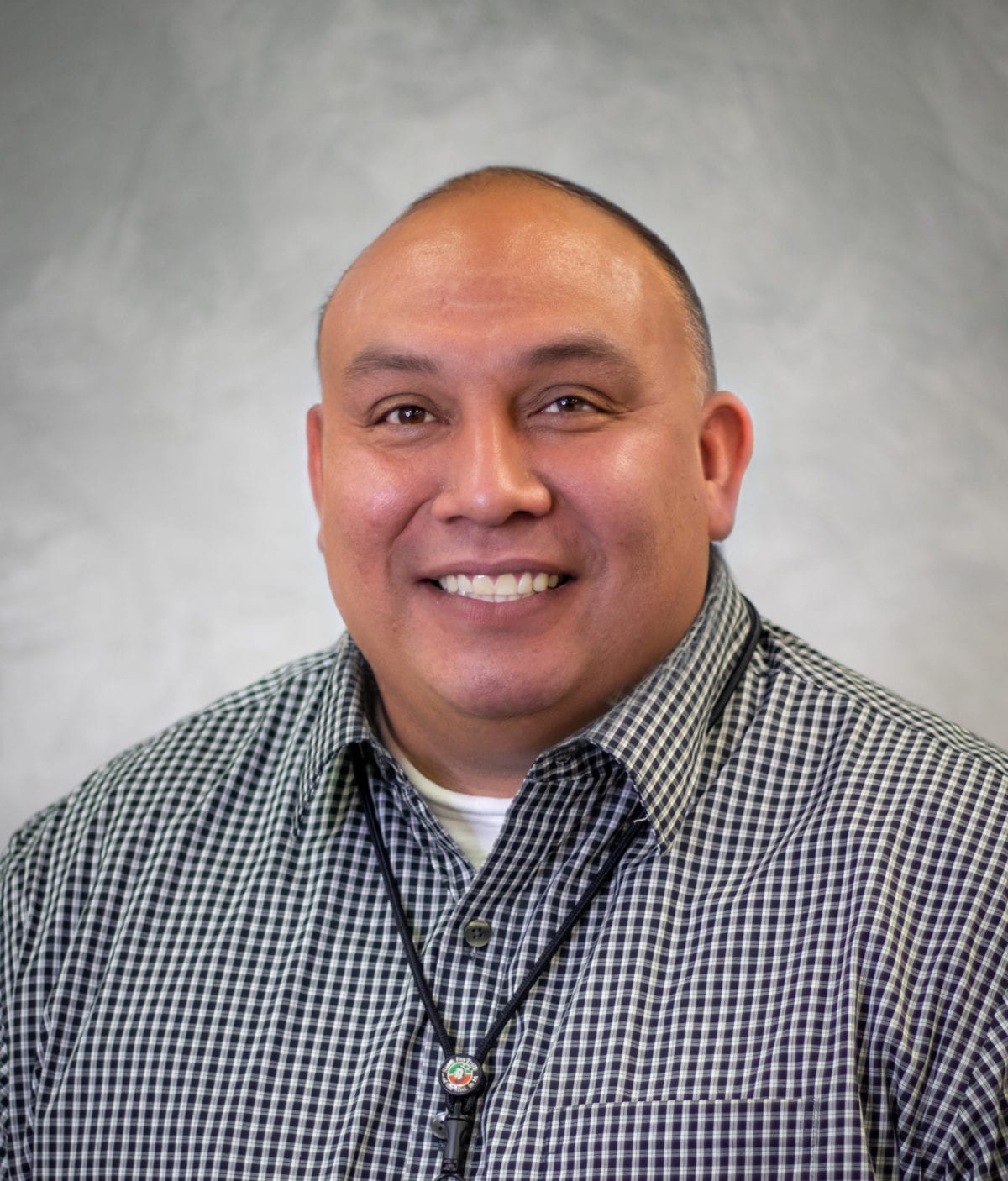In honor of Native American Heritage Month, Des Moines University celebrates the contributions of a graduate who serves his Native American community.

Rudy Papakee, M.H.A.’11, once planned to become a pharmacist, but learning about community and public health as an undergraduate at Iowa State University changed his path. He wanted to make a difference in the Meskwaki tribal community in Tama County, IA, by helping effect positive change.
“One way to do that is through health policy and program implementation,” he says. He got his first opportunity with the Meskwaki Tribal Health Center when, as part of his externship for his DMU master’s degree in health care administration, he became the center’s diabetes project coordinator. When the position of health director came open, he jumped at the opportunity.
“I’m passionate about health equity and community health. In health care administration, you gain a broad understanding of how the entire system works, and you can shape policies that make it better for individuals and the community,” he says. “In my DMU classes there were nurses and students in other health care roles. Being able to talk to them about what they did got me even more excited about health care administration.”
The health system Papakee serves is complex. In addition to the inherent challenges of delivering health care, he and his colleagues operate within the rules and regulations of the nation’s Indian Health Service and the realities of tribal politics. He is undaunted by those complexities, however. For example, the center has invested revenue from third-party billing to expand its staff and services, which now include a dental clinic, behavioral health services, radiology, community health nursing and a wellness center in addition to diabetes prevention and clinical services.
“It takes a team to lead a health care system, and we have a great staff here. I really take pride in what we do,” he says. “There are no limitations on what we’ll do for our community. If a community member can’t afford gas, we’ll give them a gas card. If their car broke down, we’ll give them a ride.”
Papakee, who also serves on the Iowa Cancer Consortium Board and the Great Plains Tribal Leaders Health Board’s executive committee, among other organizations, is very proud of his Meskwaki heritage. He embraces the opportunity to serve the approximately 1,200 members of the Meskwaki Nation who live in the area.
“There’s a sense of a small community here and a sense of belonging,” he says. “Being part of its health system and part of the community really means a lot to me.”

